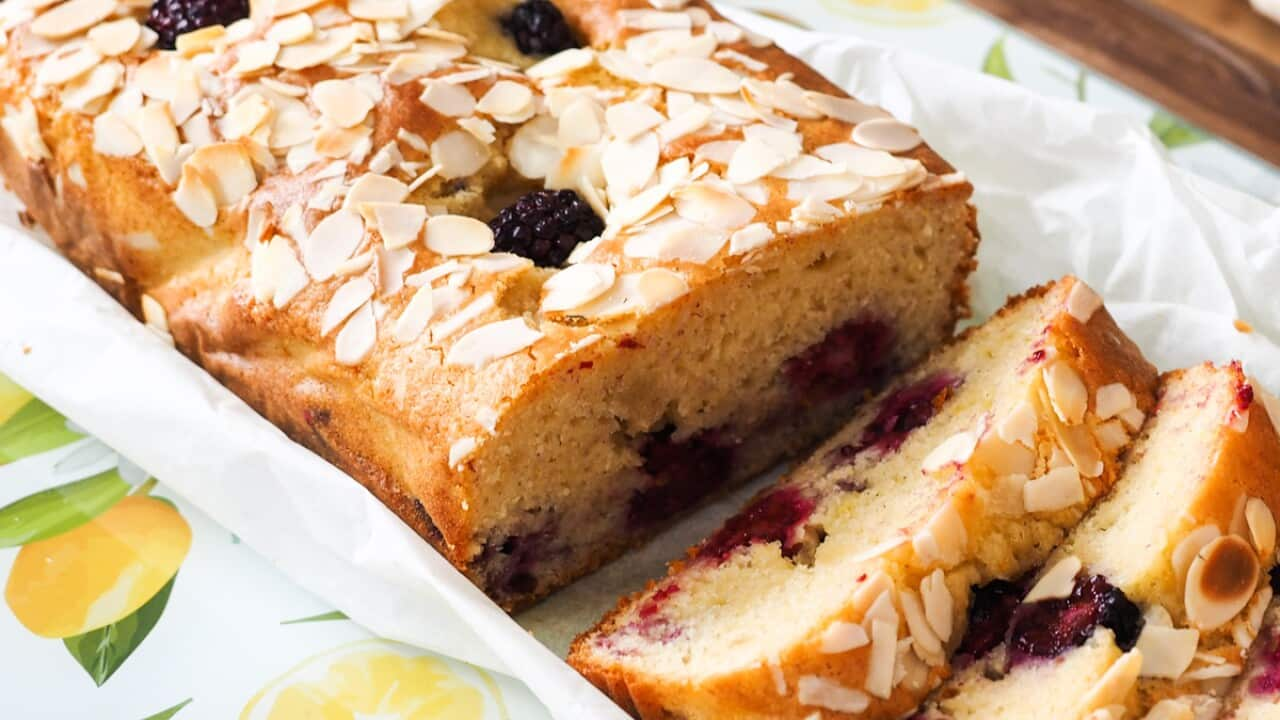In many kitchens around the world, the idea of buying yoghurt is unfathomable. From to , people have been making yoghurt from a starter culture (hint: it’s just yoghurt) and milk for decades.
After listening to my Swiss father complain about the price of yoghurt my entire life, I decided it was finally time to give it a crack at home. A little fiddling with thermometers aside, it’s a pretty simple process and once you start you’ll have a never-ending supply.
It’s easier than you think, and it’s harder than you think,
What you need first is some plain, natural yoghurt to use as a ‘starter culture’. You only use the storebought stuff once as every time you make a new batch of yoghurt, a little is set aside to create the next batch with.
There are a few tricks though, explained by Matthew Evans in series two of Gourmet Farmer. “It’s easier than you think, and it’s harder than you think,” he says, adding that the hard part is keeping the temperature within the range.
How to make yoghurt
You’ll need milk, a small tub of plain natural yoghurt, a thermometer and either an esky, very low oven, or temperature-controlled dehydrator/proofing box. Take 1 litre of milk and heat it gently on the stove to 92°C, stirring so the milk doesn’t burn. Do not boil as this denatures the proteins and your yoghurt may not set.
Take 1 litre of milk and heat it gently on the stove to 92°C, stirring so the milk doesn’t burn. Do not boil as this denatures the proteins and your yoghurt may not set.

Our yoghurt starter is called Ghurt Jr. Source: Camellia Aebischer
Cool the milk quickly down to between 35-40°C. I get the temperature down fast by filling the sink with a little cold water and ice then sitting the bottom of my pot right in it. Once cool add 2 heaped tbsp of plain, natural yoghurt, mix well, then pour into sterilised, still-warm jars.
Place the jars in a controlled, warm environment (between 35-40°C is ideal) overnight, between 6-12 hours. Longer and at the lower end will produce a more flavourful yoghurt.
If you don’t have an electronic temperature-controlled environment, pop the jars in an esky filled with warm water and pop that in a warm spot, or replace the water a couple of times.
Once it’s set, pop it in the fridge to cool before consuming.
MATTHEW EVANS KNOWS BEST

Homemade yoghurt
]
It can also be strained through a muslin for a few hours to thicken for Greek yoghurt or further strained overnight to make labneh.






